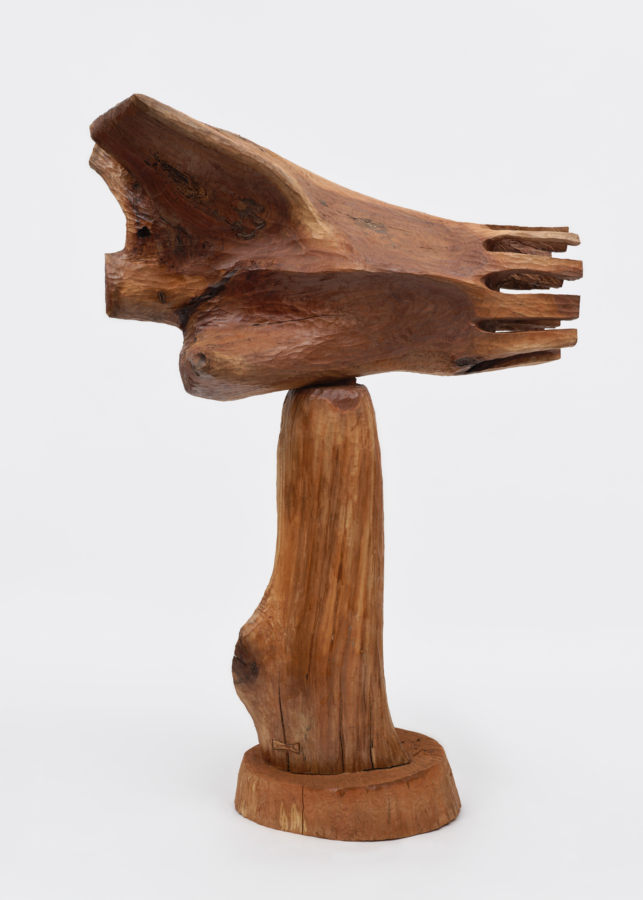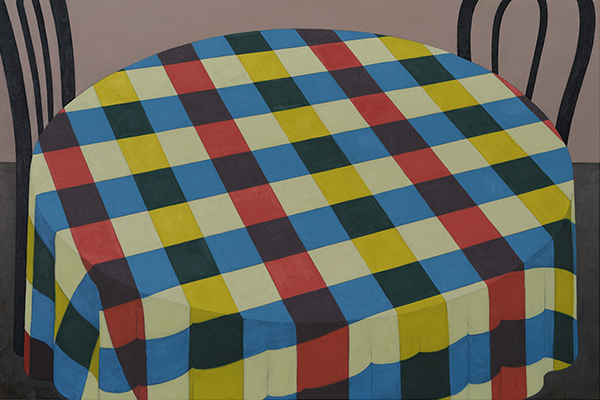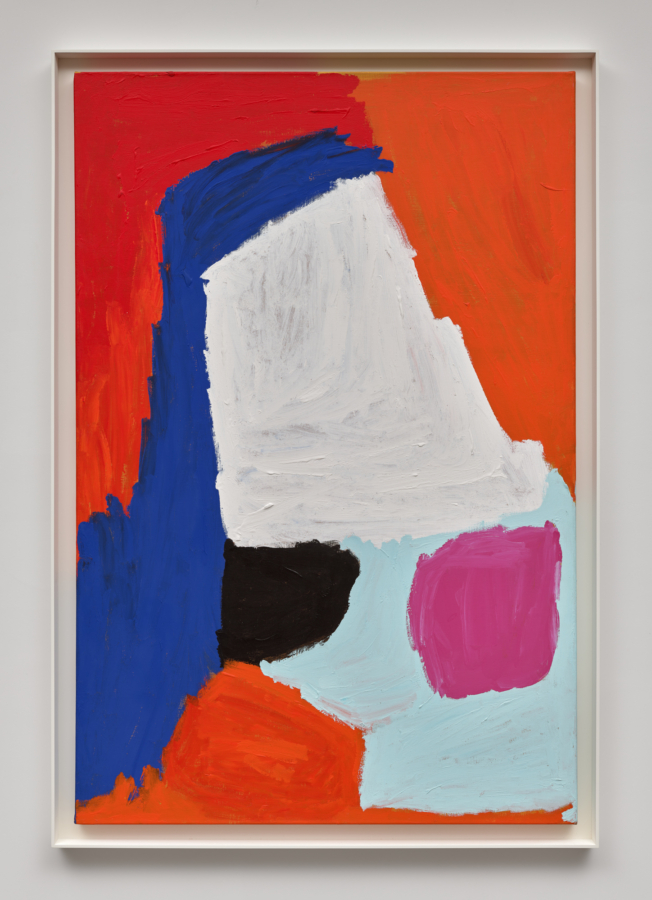Woody De Othello in The 33rd Ljublijana
Biennial of Graphic Arts
Crack Up – Crack Down
Curated by Slavs and Tatars
June 7–September 29, 2019
Ljublijana, Slovenia
Woody De Othello in The 33rd Ljublijana
Biennial of Graphic Arts
Crack Up – Crack Down
Curated by Slavs and Tatars
June 7–September 29, 2019
Ljublijana, Slovenia
The Ljubljana Biennial of Graphic Arts, a major biennial event in Slovenia, announces the curatorial concept for their 33rd edition, curated by Slavs and Tatars and entitled Crack Up – Crack Down.
Crack Up – Crack Down will take an expansive view of the genre of satire today, featuring works by historical and contemporary international artists, as well as interventions by activists, new-media polemicists, performances by stand-up comedians, and others. For the 33rd edition of the Biennial, Slavs and Tatars consider “the graphic” not as a medium, but as an agency. They question how graphic language engenders a form of infra-politics via irony and ridicule as a particularly resilient and contemporary form of critique. Purported to speak truth to power, satire has proven itself to be a petri dish in a world of post-truth bacteria.
Satire has been variably considered as a form of popular philosophy, biting critique, and a conservative genre prone to moralizing inclinations. It thrives in periods of authoritarian rule: from the rich tradition of Communist humor in Central and Eastern Europe, to the many examples from the Middle East. Today, the return of strong-man rule in the West has prompted a boom in various comedic forms. Just as the growth of print media brought about a proliferation of satirical periodicals in the early 20th century (Slovenia’s Pavliha, Germany’s Simplicissimus, the UK’s Punch, France’s l’Assiette au Beurre and the Caucasus’ Molla Nasreddin to name a few), so too has our digital age provided a particularly fertile graphic moment, via the meme and the protest poster. The visual glut of our age has spawned new aesthetic languages whose messages and discourse we often find distasteful. Though each enjoys a distinct history, both the graphic arts and satire claim to speak simultaneously for and to the people.
A publication will accompany the exhibition and serve as a compendium of the practices of “satire” and “graphic” acting both as a mediation guide and a reader on the topic with essays from leading scholars.
“With the rise of populism across the globe (not to mention reductive and revanchist forms of identity politics), there has been vigorous debate over who constitutes ‘the people.’ For more than a millennium, satire has been a particularly contested genre to explore such questions, via varying degrees of serious invective or jocular teasing. Is each joke, as George Orwell maintained, a tiny revolution? Or does laughter deflate the pressures and tension which could otherwise lead to political upheaval?” –Slavs and Tatars
Artists
Maintaining its position as a biennial with a deeply global point of view, this year’s Ljubljana Biennial of Graphic Arts will include a cross section of artists from regional territories such as Slovenia, Poland, Ukraine, Georgia and Bulgaria, as well as international participants from China, Iran, United Kingdom and the United States.
Artist list:
Lawrence Abu Hamdan, Hamja Ahsan, Pablo Bronstein, Cevdet Erek, Arthur Fournier with Raphael Koenig, Boštjan Gorenc (aka Pižama), Martine Gutierrez, Flaka Haliti, Stane Jagodič, Zhanna Kadyrova, Sachiko Kazama, Dozie Kanu, Ferdinand Kriwet, Ella Kruglanskaya, Tala Madani, Augustin Maurs, Marlie Mul, Woody de Othello, Alenka Pirman with KULA, Amanda Ross-Ho, Lin May Saeed, Hinko Smrekar, Endre Tot, Anna Uddenberg, Martina Vacheva, Nicole Wermers, Anja Wutej, Giorgi Xaniashvili, XIYADIE and Honza Zamojski.
Venues:
The 33rd edition of the Ljubljana Biennial of Graphic Arts will be spread across 9 venues, in a parcours across the city. Beginning with the main venue of the International Centre of Graphic Arts (MGLC), the exhibition will build upon and highlight crucial networks of contemporary culture in Ljubljana’s vibrant creative landscape, including non-profit spaces, commercial galleries and artist-run initiatives.
MGLC – The International Centre of Graphic Arts
MGLC – Švicarija
National Gallery of Slovenia
The National Library of Slovenia
Equrna Gallery
Gallery ZVKDS
ISIS Gallery
DUM Project Space
Dobra Vaga



